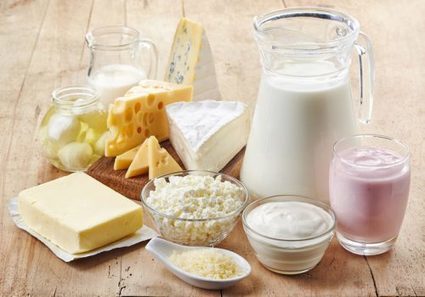Multiple sclerosis, or MS, is a chronic disease of the central nervous system, or CNS. While the etiology of the disease remains unknown, research studies have found that environmental factors, such as nutrition, may have an impact on the occurrence and development of MS. Other research studies specifically analyzed the association between certain dietary factors in multiple sclerosis, such as fat, dairy and meat consumption. Multiple sclerosis, or MS, epidemiology suggests that dairy is primarily involved in the clinical expression of the disease. The purpose of the following article is to show the effects of cow’s milk allergy in multiple sclerosis patients.
Research and publish the best content.
Get Started for FREE
Sign up with Facebook Sign up with X
I don't have a Facebook or a X account
Already have an account: Login

Dr. Alex Jimenez covers different diet and supplements plans for achieving overall wellness, including weight-loss, conditioning, and strengthening through healthy eating. Book Appointment Today: https://bit.ly/Book-Online-Appointment
Curated by
Dr. Alex Jimenez
 Your new post is loading... Your new post is loading...
 Your new post is loading... Your new post is loading...
|
|












Multiple sclerosis, or MS, is a multifactorial, inflammatory, and neurodegenerative disease of the central nervous system which has been demonstrated to be closely associated with environmental factors like nutrition. Recent research studies on the role of diet in MS provided evidence that certain dietary factors, such as the consumption of dairy products like cow’s milk, influence multiple sclerosis incidence, disease course and symptomatology. For more information, please feel free to ask Dr. Alex Jimenez or contact us at (915) 850-0900.